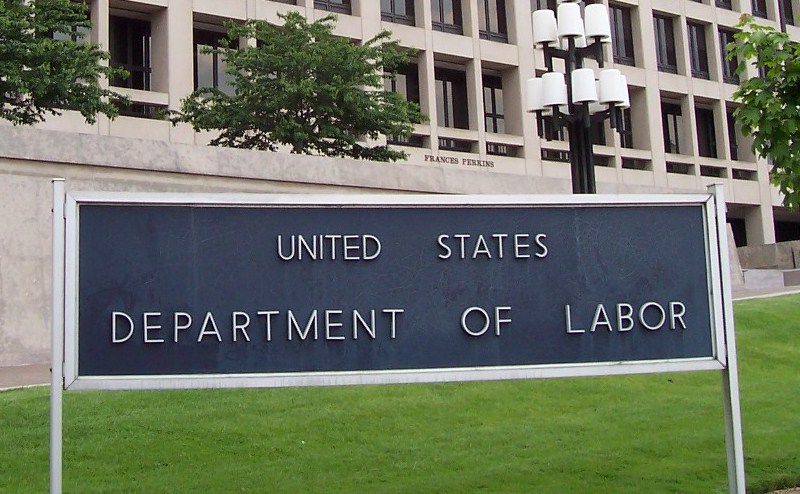Long-term unemployment has become a deeper and deeper problem in the United States. Some evidence of that is the battle over extending federal government assistance to 1.3 million Americans through the Emergency Unemployment Compensation (EUC) program. As of the end of 2013, those benefits have been eliminated. Just as large a problem, if not larger, is the number of Americans who live with parents who have been unemployed for what the government described as long term — those who have not had work for more than 26 weeks.
According to the Urban Institute:
Children may suffer when their parents are out of work for a long time. To assess the number of children affected by long-term unemployment, we updated data from an earlier issue brief examining unemployment from a child’s perspective. The updated table shows that, in an average month in 2013, 2.3 million children were living with a parent who had been seeking work for 26 weeks or longer, or three times as many children as in in 2007.
The problem is greater in some states, where unemployment has been deeper and more persistent than in the rest of the country:
Every state has seen a dramatic increase in children affected by long-term unemployment over the past six years. The District of Columbia, Georgia, Illinois, and Rhode Island have particularly large shares of children living with parents who have been unemployed more than six months, according to data through November 2013.
The effects on the children are those that most people would expect:
Children are affected when their parents lose work, and the negative effects are likely to be higher when parents are out of work for extended periods. Our colleagues found that poverty tripled among long-term unemployed parents, rising from 12 percent before job loss to 35 percent during the period of unemployment. Other studies find that job loss can hurt children’s school performance, as observed in lower math scores, poorer school attendance, and higher risk of grade repetition. In addition, some studies find even longer-term effects: one study found lower rates of college attendance among low-income youth whose parents lost their jobs and another found lower annual earnings among boys whose fathers lost their jobs after plant closures.
As the jobless rate in the United States has dropped to 6.7% in December from the recession peak of 10.1%, the progress is unquestionable. Less obvious are the portions of the population who have made little or no progress. Among these are the ones described by the Urban Institute.
Want to Retire Early? Start Here (Sponsor)
Want retirement to come a few years earlier than you’d planned? Or are you ready to retire now, but want an extra set of eyes on your finances?
Now you can speak with up to 3 financial experts in your area for FREE. By simply clicking here you can begin to match with financial professionals who can help you build your plan to retire early. And the best part? The first conversation with them is free.
Click here to match with up to 3 financial pros who would be excited to help you make financial decisions.
Thank you for reading! Have some feedback for us?
Contact the 24/7 Wall St. editorial team.


